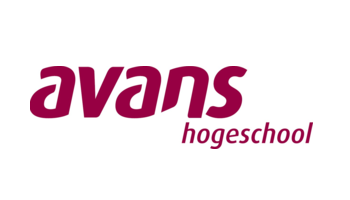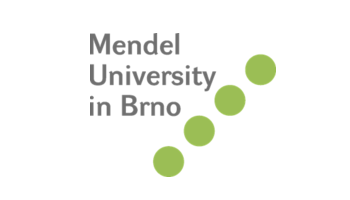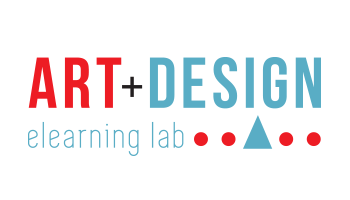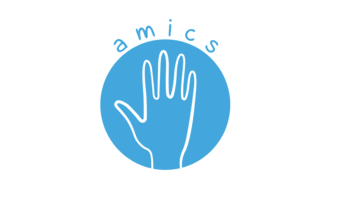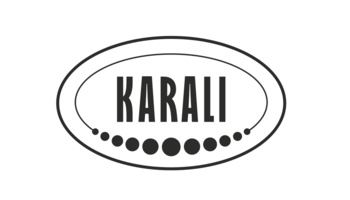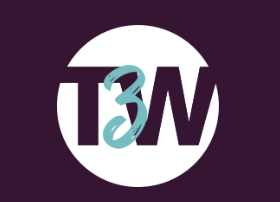
The Third Way
The Third Way is a project devised to improve communication and knowledge sharing between the vocational and higher education sector and social enterprises (The so-called Third Sector). At the heart of the project proposal is the development of a new curriculum pathway for students from different educational domains around vocational and business subjects wishing to become social entrepreneurs and/ or create social enterprises. The curriculum devised will be available in digital form such as a Massive Open Online Course (MOOC) or through Open and Distance Learning (ODL) via a Virtual Learning Environment (VLE) as well as delivered as innovative Face-to-face programmes of study. The project proposal supports the development of new curricular pathways through a process of knowledge sharing and communication. It shall be embedded into existing education programms to ensure an effective outreach. It supports the social aims and objectives of the Third Sector and flexibility and modularity is intended to ensure maximum uptake and enrolment.
The project proposal was devised during a workshop at the Businet conference in Vilamoura, Portugal in November 2018. It has the broad aim of narrowing the divide in understanding between traditional business curricula in Vocational and Higher Education and the growing sector of social enterprises. While across Europe more and more young people are turning to social enterprises, the Third Sector, this partnership is keen to recognize this and support and inform their choices and lead them towards this ‘Third Way’ of doing business.
The Third Way (T3W) a project that requires HEIs with focus on vocational education and business development, to work with the economic sector in the form of European social enterprises to develop a curriculum for business undergraduates in partnership with the Third Sector. The project has the primary aim to create innovative and accessible learning programmes that support understanding and awareness of social enterprise.
This project does not just target vocational and undergraduate students and graduates but also those lecturers that are delivering business related training programmes in higher education institutions. The university partners will work with social enterprises and aspiring social entrepreneurs to produce a curriculum model and MOOC that offers information about social enterprise, for social enterprise and provides learning through social enterprise. As well as the MOOC, the devise curriculum will stand alone as a ‘Face to Face’ programme of study delivered via a series of interactive workshops. The project represents a serious attempt to ensure social enterprise becomes an integrated component of the higher education business curriculum. It will also support the social enterprise sector to recruit from a pool of graduates and trainees with the required sector-specific skills and knowledge.
An essential outcome of the project proposed is knowledge sharing and the potential for access to greater mobility to across the EU alongside the formal recognition of the proposed lifelong learning, which again this project will bring out. New initiatives in the business curriculum will support models for social businesses ans will be generated through this proposed initiative. New strategies for successful and innovative delivery will be developed and shared across the project teams. The project is committed to the Objectives and Priorities of the 2019 Call such as (1) social inclusion in education and training and (2) open education and innovation practices in a digital era. The conceptualization of the project owes much to the social inclusion dimension of Lueven and Louvaine-la-Nueve communiqué (2009) and the Bucharest communiqué of 2012 with its emphasis on providing higher education for all, enhancing employability, and strengthened mobility.
The result of the project is an integrated pan-European approach to the educational support for business in all its forms. This is supported by the following five
This is supported by the following five objectives:
- To identify and analyse the detailed requirements of related stakeholders across Europe to identify their specific needs.
- To establish a platform for communication, co-operation, training and resources.
- To develop a prototype social enterprise curriculum for business support that is available both on-line (as a MOOC) and as a face-to-face activity.
- To establish (and further grow) European (global networks of social entrepreneurs.
- To provide internships/ work experiences across a range of European social enterprises.
Partners:



